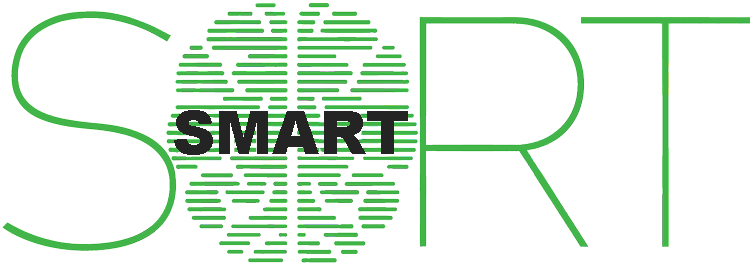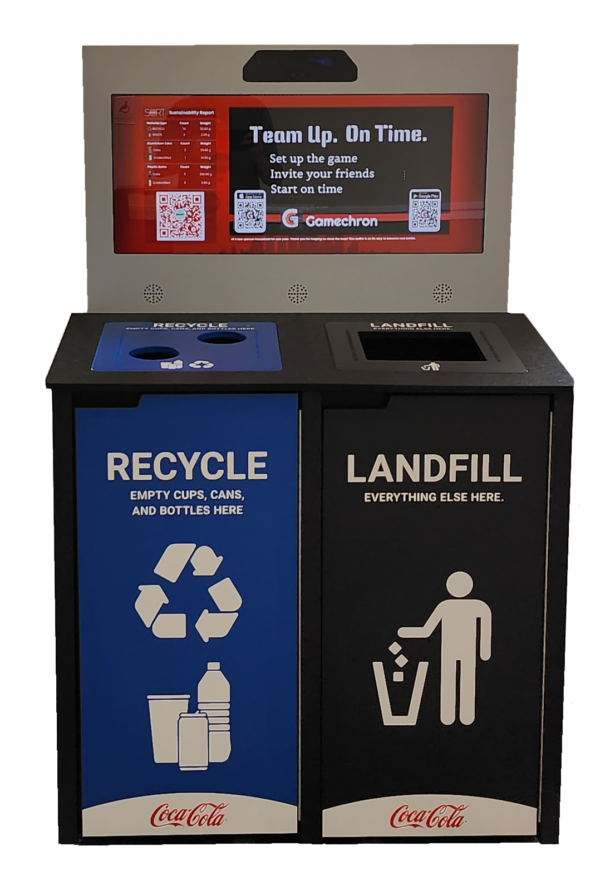Radio Frequency Identification (RFID) technology has been used in a wide range of industries, from retail to healthcare. However, in recent years, RFID has also been applied to waste management, providing new opportunities for tracking waste and improving the efficiency of waste collection and disposal. In this blog post, we’ll explore the benefits and challenges of tracking waste with RFID technology.
Benefits of Tracking Waste with RFID Technology
- Increased Efficiency: RFID technology can provide real-time tracking of waste bins, making waste collection more efficient. Collection routes can be optimized to reduce travel time and fuel consumption, leading to cost savings for waste management companies.
- Improved Accountability: With RFID tags on waste bins, waste management companies can monitor the amount and type of waste produced by households and businesses. This data can help identify areas where waste reduction programs may be necessary or where waste is being improperly disposed of.
- Better Recycling: RFID technology can help improve recycling rates by providing accurate information on the type and quantity of recyclable materials in waste streams. This information can help identify which materials are being recycled and which are not, enabling waste management companies to develop more effective recycling programs.
- Reduced Theft: RFID technology can also help prevent theft of waste bins by providing real-time tracking of bin locations. This can help waste management companies quickly locate and recover stolen bins, reducing the need for costly replacements.
Challenges of Tracking Waste with RFID Technology
- High Cost: One of the main challenges of implementing RFID technology in waste management is the high cost. RFID tags and readers can be expensive, making it difficult for smaller waste management companies to afford the technology.
- Limited Range: RFID technology has a limited range, which means that it may not be effective in areas with large or spread-out waste collection sites. In addition, RFID tags can be affected by environmental factors such as metal and water, making it difficult to track waste bins in certain locations.
- Privacy Concerns: There may also be concerns around privacy when using RFID technology to track waste. Some individuals may be uncomfortable with their waste disposal habits being monitored and tracked.
- Compatibility Issues: RFID technology can also face compatibility issues with existing waste management systems. Waste management companies may need to invest in new systems and equipment to integrate RFID technology into their operations.
Challenges
Despite the challenges, RFID technology has the potential to revolutionize waste management by improving efficiency, accountability, recycling, and reducing theft. While the cost of implementation may be a challenge, the benefits of RFID technology may ultimately outweigh the initial investment. As the technology continues to improve, it will be interesting to see how RFID is adopted in the waste management industry and the impact it will have on the environment and waste reduction efforts.




